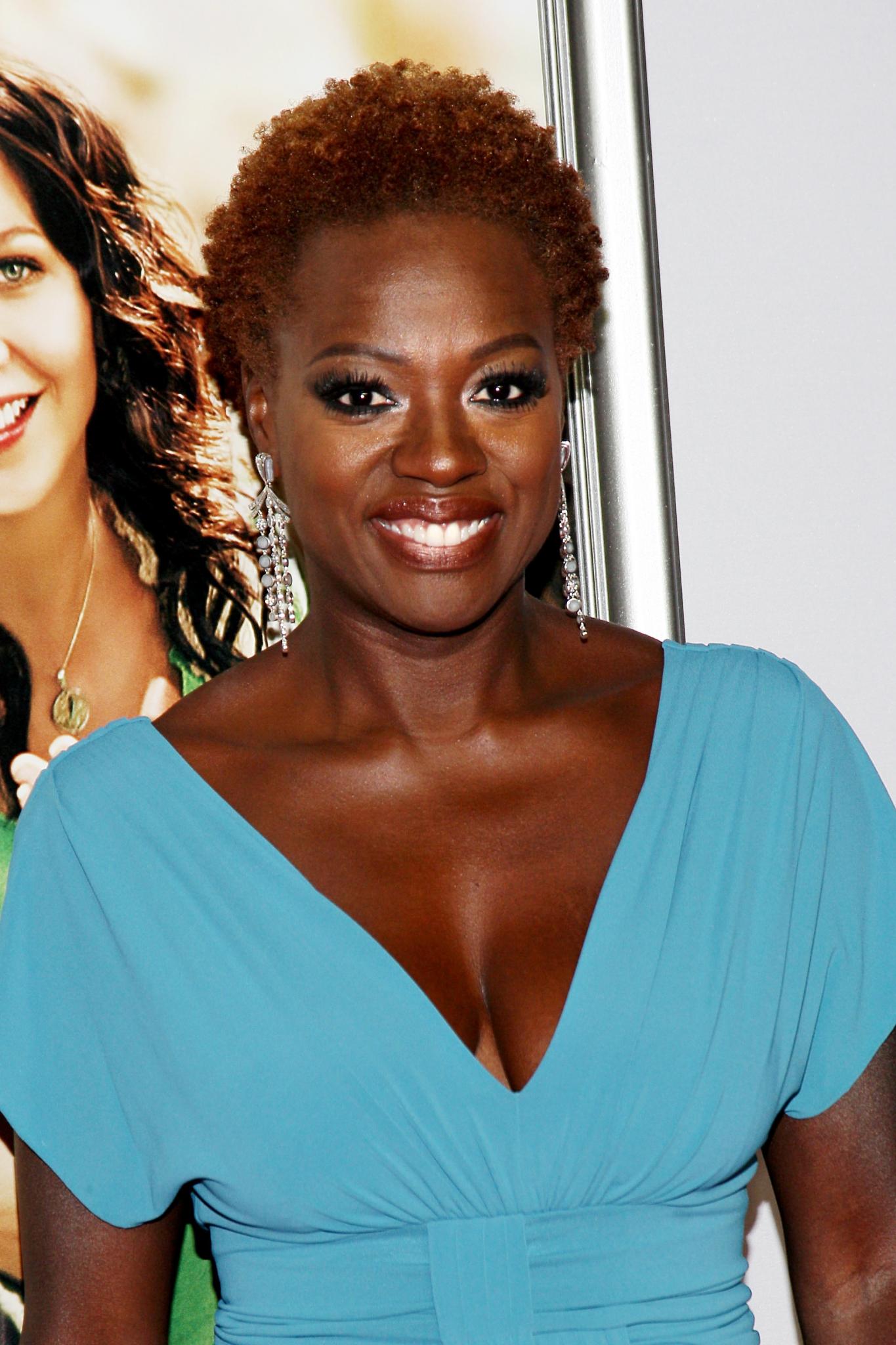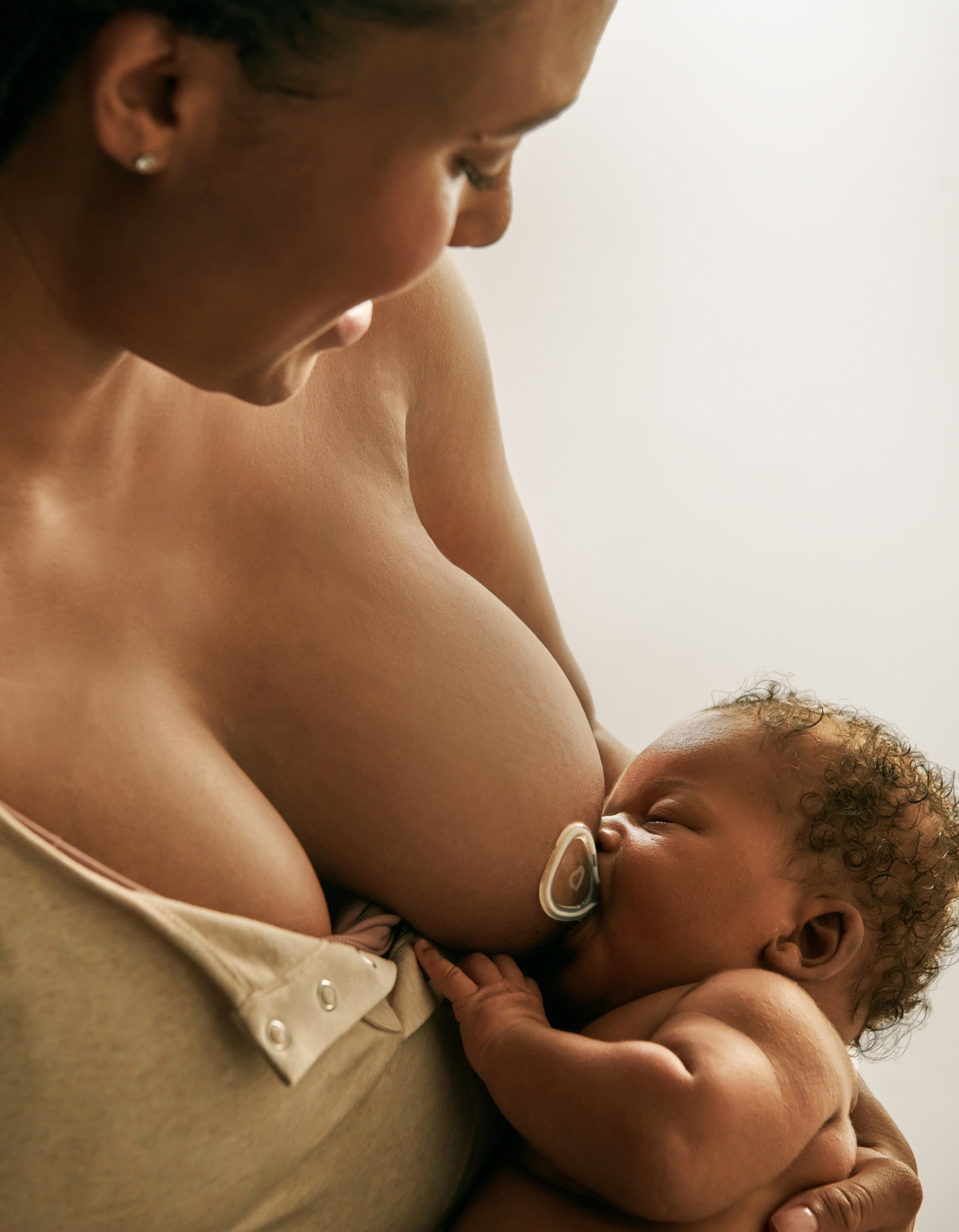
Today a brand new film, Won’t Back Down, rolls into theaters and it’s already made headlines because of its provocative topic: education reform. ESSENCE.com caught up with the film’s leading lady, actress Viola Davis, who plays a well-off Pittsburgh teacher who rediscovers her passion for teaching in the midst of a school “takeover.” Davis sat down with ESSENCE.com to discuss growing up in poverty, how education changed her life and why this film hits such an important mark this election season.







ESSENCE.com: It’s no secret that education is important to you. In Won’t Back Down you play a teacher named Nona Alberts. How did you connect with the character?
VIOLA DAVIS: I connected with the character because I’m around teachers all the time. They’re a part of my life. They’ve been to my wedding, my home. But I connected more with the character as a woman who has come to an impasse in her life where she’s lost her passion. She was young, idealistic, probably thought she was going to be a great wife, great mother, great teacher, had all these ideas, and hit a wall. Through the course of being woken up with the idea of starting this school, she begins to find her passion again. And she learns how to forgive herself for not being perfect. I identified with that, more than anything else. I identified with the human story.
ESSENCE.com: You grew up in a very poor setting in Rhode Island. What was that moment of clarity when you knew that education was your way out?
DAVIS: That moment of clarity came when I was five and I met my sister, Diane, for the first time. When she was nine and [my brother] was eleven they came to live with us in Rhode Island from South Carolina. And she saw an indoor toilet for the first time in her life. She grew up with outhouses and she said it changed her life. What it stimulated in her is that she wanted more. She was in segregated schools in the South and it was something about that pristine white indoor bathroom. So when she came to live with us, she would tell us that you guys have to decide at a very young age what you want to do with your life and you have to do as well as you can in school, otherwise you’re not going to get out of poverty.
ESSENCE.com: You’re now a mom. How has your passion for education influenced how you will educate your daughter?
DAVIS: My life as a whole journey and path – a combination of many stories even within my family – knowing the only way out is education, even if you don’t have parents that are extraordinarily wealthy. I understand that I have to be an active participant in her education in order for her to thrive in the world. Education, not even in terms of academia, in terms of herself and knowing the value of getting up when you mess up. I think people probably know how to be extraordinary much more so than they know how to fail. All those things I know are really important for her to grow into a healthy human being.
ESSENCE.com: The film brings up a very important problem that lots of people face: choosing between passion and financial security. How do you think the film faired on discussing that topic?
DAVIS: I think that money is not a good purpose. I think that you always have to find what you love to do and what gets you out of bed in the morning. I think that the money sometimes, not all the time, follows that. I think that has to be the order. When money is the blind focus we often times lose our morality. We lose the absolute reason and purpose that we are taking up space on this earth. Money is not a value. People’s lives are the value and how you affect other people’s lives. That’s a value.
ESSENCE.com: Some people who are going to see the film will see themselves on screen. They may identify with the parent whose child is going to a failing school. How can they get themselves out of that situation?
DAVIS: I don’t know how to change a failing school because I’m an actor. I know I wouldn’t send my daughter to a failing school. I think all the great teachers who’ve been in my life, and I’ve had a lot of them, they need the support of the community, parents, union, Board of Education, government and state in order for them to do their jobs well. Or else, those great teachers burn out within two years – especially in schools in challenging neighborhoods. Just like I can’t be really good on my own, I need the benefit of other actors, the benefit of a great narrative, a good director or else it’s really hard for me to do what I do. I think it’s the same thing with teachers.
ESSENCE.com: This film is coming out at such an important time given the current election.
DAVIS: I think it’s an important topic because I think it needs to be in the forefront. I think there needs to be discourse. When people are provoked then after the provocation comes action. We have an understanding of the order of things and how America should be run. It’s changing. We need to wake up to the fact that it’s 2012 and people have different needs. There are needs of the 21st century. Communities have changed. Racial makeup has changed. Family structure has changed. Class has changed. I think that’s the best thing that’s happened with this movie coming out and this upcoming election is that it provokes discourse. Discourse is a good word; it’s not a dirty word.
ESSENCE.com: There are some racial undertones in the film. You play the educated, well off teacher while Maggie Gyllenhaal plays the poor single mother. Traditionally speaking, your roles would have been reversed. Tell us about that.
DAVIS: I really like it because I think people will value the story more. I think that there would be something almost dismissive about it if I were in Maggie Gyllenhaal’s place. I think that people take for granted that at all the failing schools, all the kids are dyslexic [and] are having educational problems are Black. I think they would have nodded their heads, shook their heads and said this is like Lean on Me. When the roles are reversed it makes the expansiveness of this issue looked upon in a more serious light. I also like the fact that you see us differently, we’re not all poor. There are some of us who went to school, graduated from college, are middle class/upper middle class that have a bad marriage, have a kid that we may have some challenges with, lost their passion. I think that in and of itself wakes people up.
ESSENCE.com: Who were your educational motivators?
DAVIS: I had teachers in my public school system that were fantastic, who I found very invaluable in my life. The Upward Bound program and preparatory enrollment program saved my life. They kind of picked up where public school left off because I had such enormous needs as a child of abject poverty. Coming from a background where I was first generation going to school, I had enormous challenges that needed to be met that were much deeper than academia.






